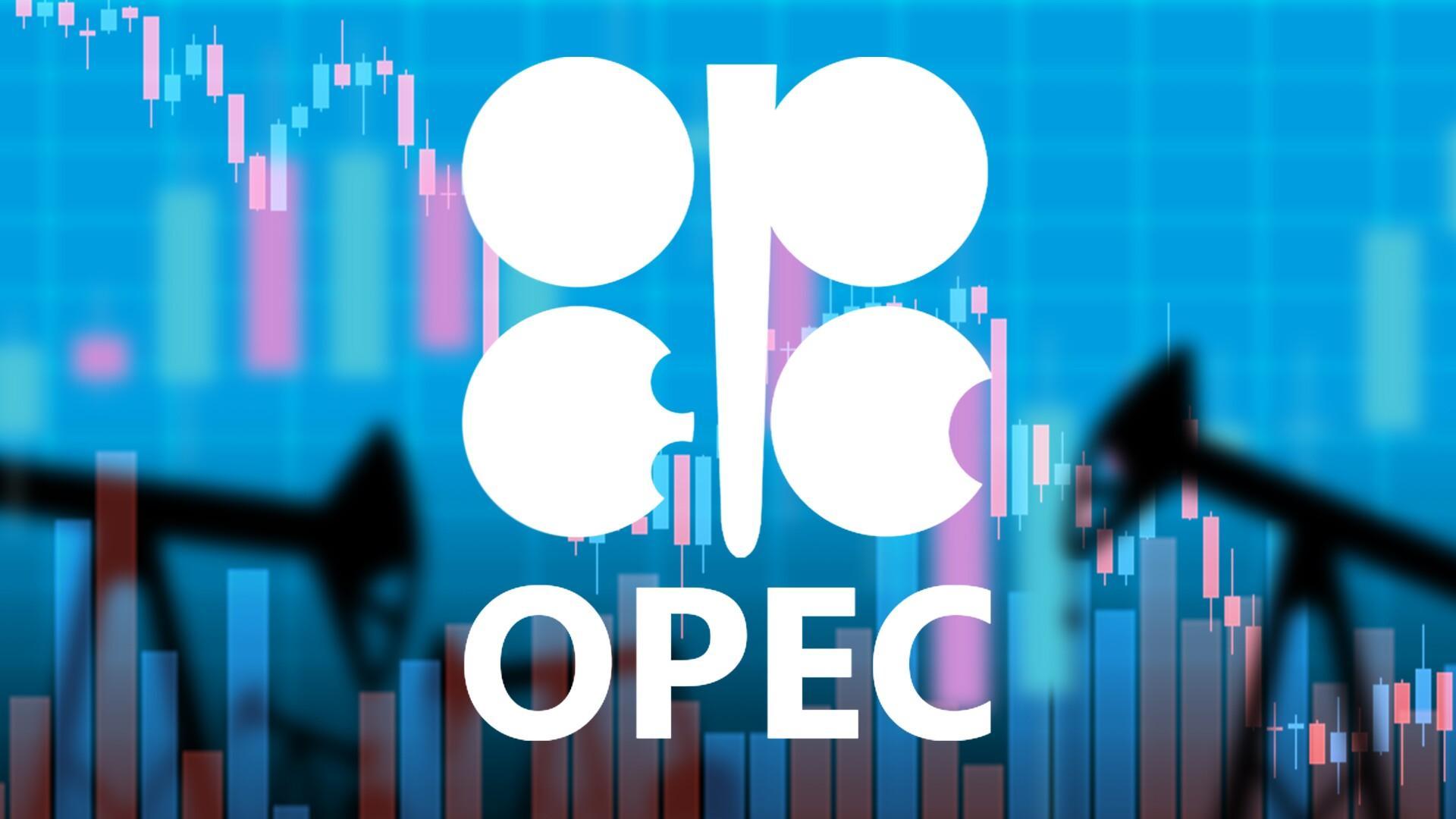Africa-Press – Eswatini. Global inflation is expected to maintain a downward trend as international crude oil prices are projected to remain contained despite escalating conflicts in the Middle East.
The United States (US) Energy Information and Administration (EIA), January 2024 forecasts annual international crude oil prices to average US$82/barrel in 2024, and potentially decline to US$79/barrel in 2025. This is on account of an increase in oil production by the US and other non-Organisation of the Petroleum Exporting Countries (non-OPEC) coupled with a projected slowdown in global demand, which will counteract the negative impact of supply disruptions from rising geopolitical tensions and production cuts implemented by the OPEC countries and their allies (OPEC+).
It is worth noting that the local inflation has been declining for three consecutive months as it fell from 5 per cent realised in October down to 4.3 per cent in December 2023. Meanwhile, developments in the Sub-Saharan Africa (SSA) region indicate that growth is estimated to have slowed to 2.9 per cent in 2023 compared to 3.7 per cent recorded in 2022 (World Bank’s Global Economic Prospects of January 2024).
Downturn
Contributing to the downturn in growth were heightened inflationary and exchange rate pressures, as well as debt vulnerabilities in most African countries. In 2024, the SSA growth is projected to rebound to 3.8 per cent on account of improved performances in non-resource intensive countries, as well as falling inflation in the region. Closer to home, the South African (SA) economy is estimated to have grown by 0.8 per cent in 2023 (South African Reserve Bank (SARB), November 2023), which is relatively higher than the 0.4 per cent projected in July 2023. However, the energy crisis continues to be a major risk to the South African economy, posing a threat to key productive sectors such as agriculture, manufacturing and mining. The SARB projects that the SA economy will grow by 1.2 per cent and 1.3 per cent, respectively, in 2024 and 2025 for the first half of the year.
For More News And Analysis About Eswatini Follow Africa-Press







